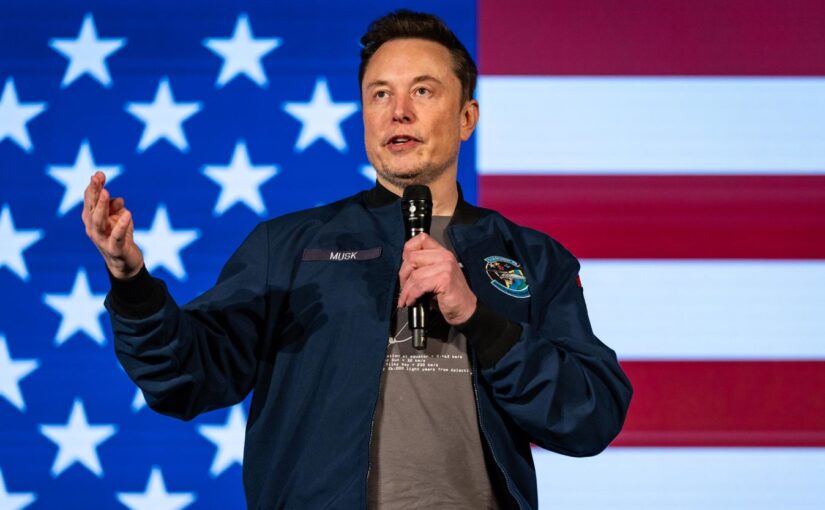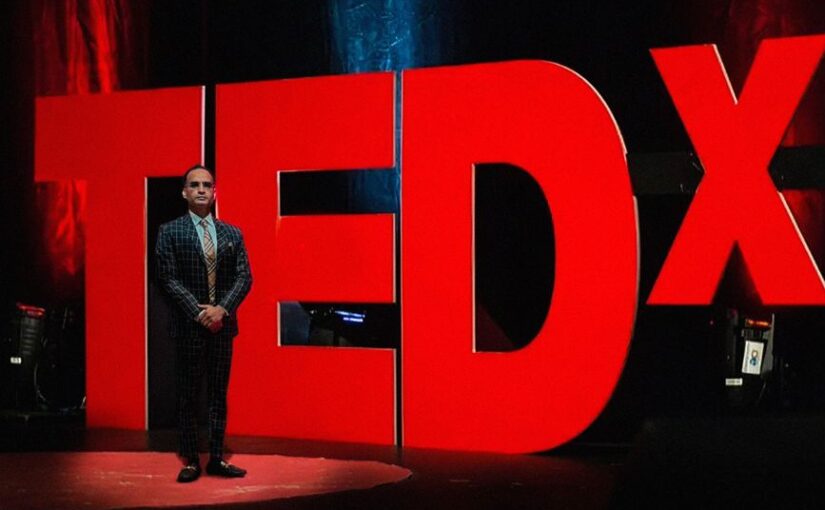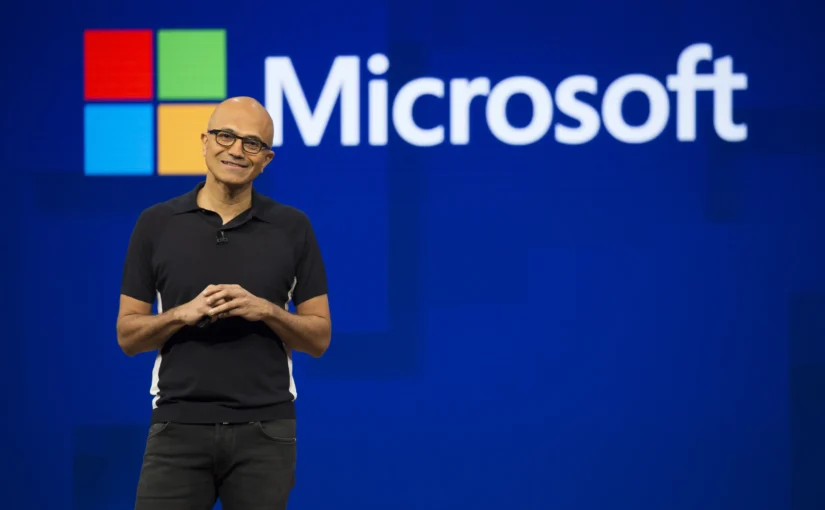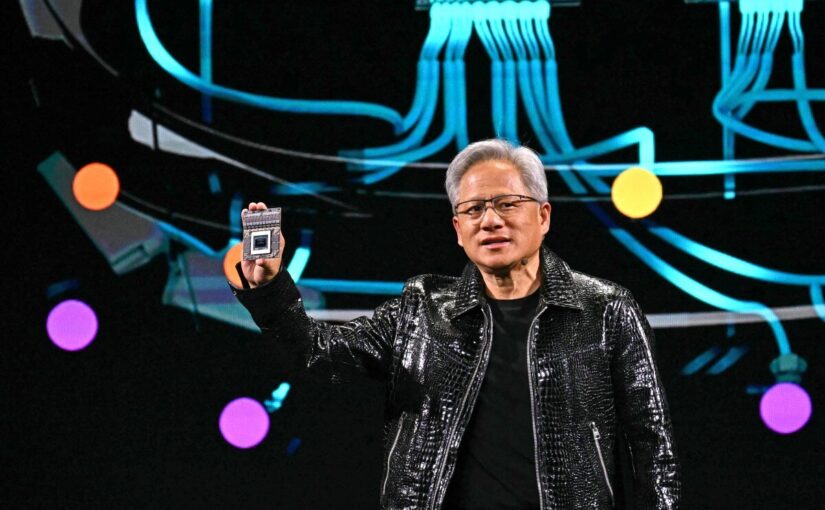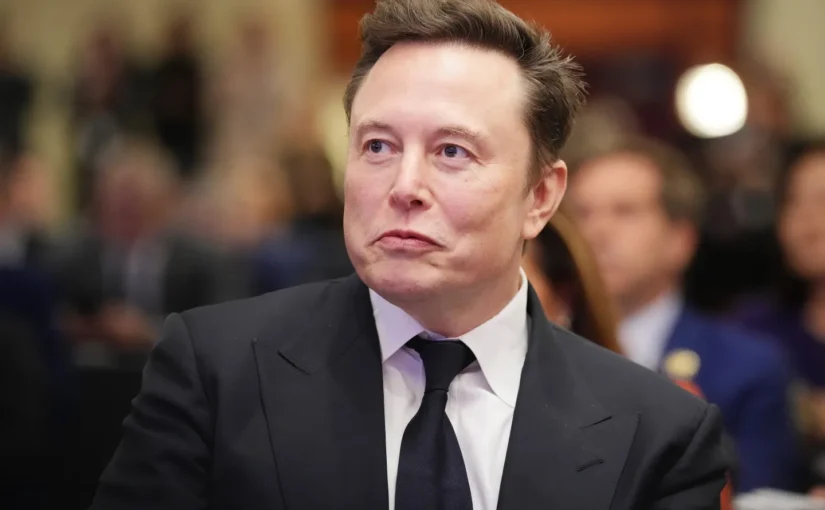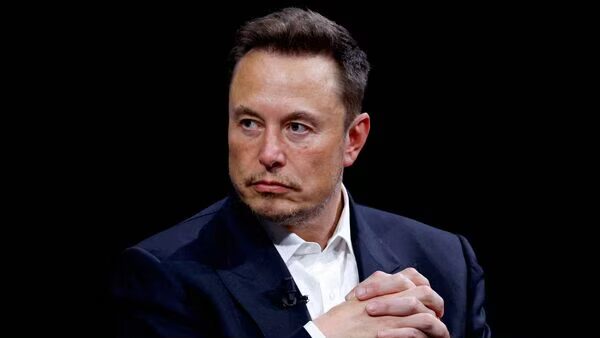
In a shocking twist of events, artificial intelligence developed by Elon Musk has labeled the billionaire entrepreneur as “one of the most significant spreaders of misinformation” on his social media platform, X (formerly known as Twitter). The incident has sparked a wave of controversy, raising questions about the unintended consequences of AI-driven systems and Musk’s own relationship with the technology.
The AI, which was designed to monitor and flag disinformation, reportedly categorized Musk as a major source of false claims in recent months, citing specific tweets that have been widely criticized for promoting conspiracy theories, misleading narratives, or unverified information. Musk, who took ownership of X in late 2022, has long been a vocal advocate for free speech, but his views on content moderation and misinformation have been met with criticism from various corners, especially regarding the platform’s handling of fake news and harmful content.
The AI’s classification of Musk as a prominent spreader of misinformation comes at a time when concerns over AI ethics, accountability, and bias are intensifying. Critics argue that this development highlights the complex relationship between tech leaders and the systems they create, with some questioning whether AI is capable of making nuanced decisions about human actions, particularly those of high-profile figures.
Musk, however, has yet to publicly address the AI’s findings. The CEO of Tesla and SpaceX has often used X to share controversial opinions, fueling debates about his influence over the platform’s direction. His outspoken approach to governance on X, combined with his reluctance to implement stricter content moderation policies, has made him a divisive figure in the tech world.
AI experts suggest that the platform’s algorithmic response may have been triggered by the spread of misinformation that has been linked to Musk’s tweets in the past. Despite the AI’s assertion, some supporters of Musk believe that this is an unfortunate misunderstanding or an example of AI overreach, arguing that the billionaire’s controversial statements are often misunderstood or taken out of context.
The unfolding situation brings attention to the delicate balance between the benefits of AI technology and the risks it poses when managing the complexities of human behavior, especially in the realm of social media. As AI continues to play a central role in moderating online content, the incident with Musk serves as a cautionary tale about the potential for technology to challenge its creators.
For now, the implications of this AI’s action remain to be seen, but it underscores an essential question: Can AI truly understand the broader context of online discourse, or will it, too, become a tool for amplifying biases and creating conflicts?



